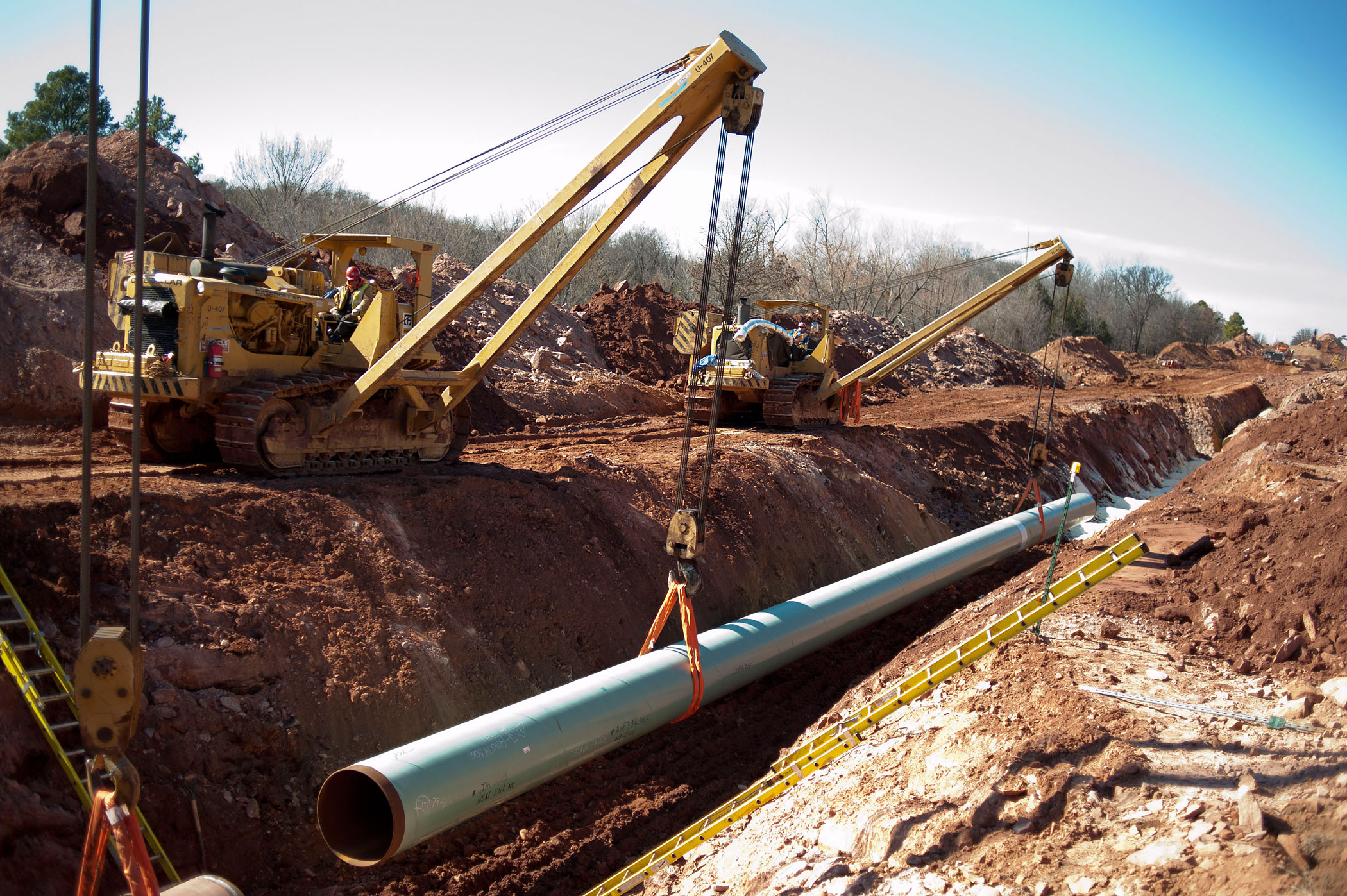
The debate over the Keystone XL pipeline burns so bright that it distracts from more illuminating subjects, like how much it really matters.
For the past several years, Republicans and Democrats have used the pipeline to prove their economic or environmental bona fides. The new Republican-controlled Senate will once again use it as an issue to divide Democrats and put pressure on the President to veto a bill the public largely supports.
Senate Majority Leader Mitch McConnell has marked the Keystone bill as the first piece of legislation the chamber will consider, while the House will pass a Keystone bill for the tenth time Friday to get the ball rolling. There’s now the question of whether or not Republicans and a handful of Democrats in the Senate will be able to get a veto-proof majority of 67 members or attach the proposal to a must-pass bill later this year.
So the pipeline, which would help link up to 830,000 Alberta barrels a day down to the Gulf Coast, has again taken on a political significance that overstates its importance. A State Department report from nearly a year ago says that while it would create thousands of construction jobs over the next few years, in the end it would only create around 50 permanent jobs in the long-term. Meanwhile, the U.S. saw an impressive and unexpected 321,000 jobs created in November, according to the federal government’s initial report.
As oil prices fall to below $50 a barrel—the lowest they’ve been in five and a half years—the pipeline will have even less of an impact on both the environment and economy, as Michael Levi, a Council of Foreign Relations energy and environment expert, wrote this week. “Lower oil prices reduce both the costs and the benefits of approving the Keystone XL pipeline by reducing the odds that it will ever be fully used,” says Levi. “What hasn’t changed is that both the climate damages and the economic benefits from Keystone XL are small in the grand schemes of climate change and the U.S. and global economies.”
Of course, some energy experts say the pipeline still matters economically, like CSIS’ Edward Chow, a former top Chevron international representative. “Beyond the safety and environmental risks of moving oil by rail instead of pipeline, a pipeline is also more economically efficient, which is even more important at a time of weak oil prices,” says Chow. “Lack of more efficient transportation would naturally lead to lower production of both Canadian oil sands and American shale oil.”
But the same State Department study found that frackers would find alternative ways to sell its oil anyway and concluded it would not pose the “enormous risk” to the environment as green thumbs like NextGen Climate, led by billionaire Tom Steyer, claimed in a statement released Wednesday. As the Boston Globe noted, oil imports from Canada have reached a record high without the pipeline and are expected to only increase.
Even former Energy Secretary Steve Chu acknowledged last February that the Keystone decision is more political that scientific. Former Obama Administration officials have split on the issue: some have even worked for TransCanada, the company who filed for the permit to build the pipeline, and the League of Conservation Voters, which opposes it. Outside lobbyists and activists have spent untold millions of dollars for years debating the pipeline, raising the issue to perhaps the highest profile environmental debate in the country. As my former colleague Michael Grunwald wrote for TIME magazine in 2013, “Keystone isn’t the best fight to have over fossil fuels, but it’s the fight we’re having.”
Even the relevance of Keystone as a political issue can be overstated, as Steyer, whose PAC spent around $70 million last cycle with not much to show for it, and former Senate Energy and Natural Resources Committee Chairman Mary Landrieu can attest. In a last-ditch effort in November, Landrieu tried to pass a bill authorizing the pipeline and fell one vote short. While some commenters thought it was the nail in the coffin, Louisiana political experts concluded it was too little, too late.
More Must-Reads from TIME
- Donald Trump Is TIME's 2024 Person of the Year
- Why We Chose Trump as Person of the Year
- Is Intermittent Fasting Good or Bad for You?
- The 100 Must-Read Books of 2024
- The 20 Best Christmas TV Episodes
- Column: If Optimism Feels Ridiculous Now, Try Hope
- The Future of Climate Action Is Trade Policy
- Merle Bombardieri Is Helping People Make the Baby Decision
Contact us at letters@time.com